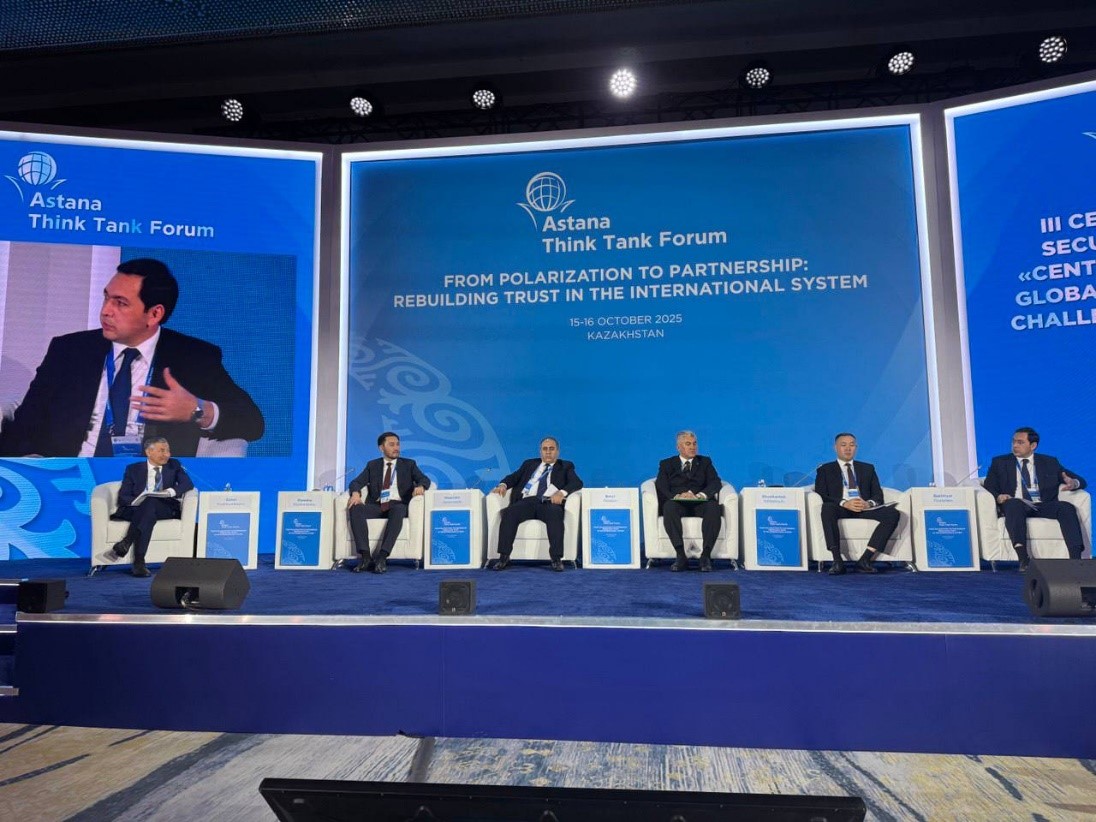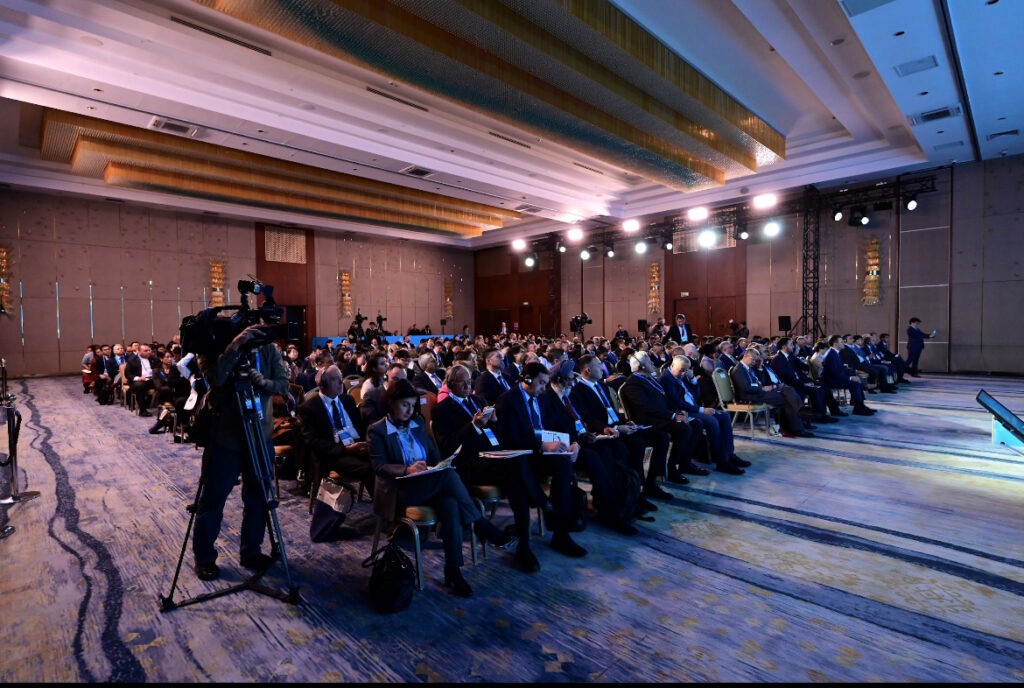New Central Asia: Overcoming Barriers, Creating Corridors

ASTANA, October 16 – The Astana Forum of Think Tanks, titled "From Polarization to Partnership: Rebuilding Trust in the International System," recently concluded in Kazakhstan's capital. Organized by the Kazakhstan Institute for Strategic Studies under the President of the Republic of Kazakhstan (KazISS), the event brought together over 300 experts from over 20 countries.
Forum participants noted that a unique model of interstate cooperation based on trust and political dialogue is emerging in Central Asia. The Consultative Meetings of Heads of State, launched in 2018, played a key role in this. The adoption of the "Central Asia 2040" Concept and the Roadmap for 2025–2027 in August 2024 marked a new step in developing cooperation.
Political rapprochement between the region's countries has already yielded tangible economic results. According to Bakhtiyor Mustafayev, Deputy Director of the Institute for Strategic and Regional Studies (ISRS), since 2016, Central Asia's combined GDP has grown by more than 80% and will approach $500 billion by 2024. Today, the region's countries are shifting from traditional trade to industrial cooperation, joint investment projects, and the creation of new production chains.
Single Market and Transport Corridors in Response to Logistics Lockdown
One of the key topics of the forum was Central Asia's transport isolation. Bakhtiyor Mustafayev noted that logistics costs account for up to 50% of the cost of goods, five times higher than the global average, and significantly hinder export potential.
To address this issue, experts supported the idea of creating a single regional market with a barrier-free environment for the movement of goods, services, capital, and labor. Particular attention was paid to infrastructure development, particularly the construction of the Trans-Afghan Corridor, which would provide Central Asia with the shortest route to Indian Ocean ports.
Security, Climate, and Demography: From Challenges to Joint Solutions
The experts also discussed other pressing threats to regional stability. Amidst geopolitical turbulence, the President of Uzbekistan's initiative to develop a Regional Security Concept aimed at preserving Central Asia as a space free from destructive competition was supported.
The climate, water, and energy agenda was no less important. Against the backdrop of a 30% reduction in glacier coverage over recent decades and an expected decline in water resources, participants called for stronger cooperation in this area and the development of joint measures to adapt to climate change.
Particular attention was paid to demographic growth. By 2050, the region's population will exceed 100 million. "A young and growing population can become a powerful economic driver. We need to turn the demographic challenge into a demographic dividend," emphasized B. Mustafayev.
The Astana Forum was a practical step toward deepening partnership in Central Asia. The expert community not only identified challenges but also proposed specific mechanisms for strengthening regional resilience, defining a clear roadmap for moving from problem discussion to joint solutions.







